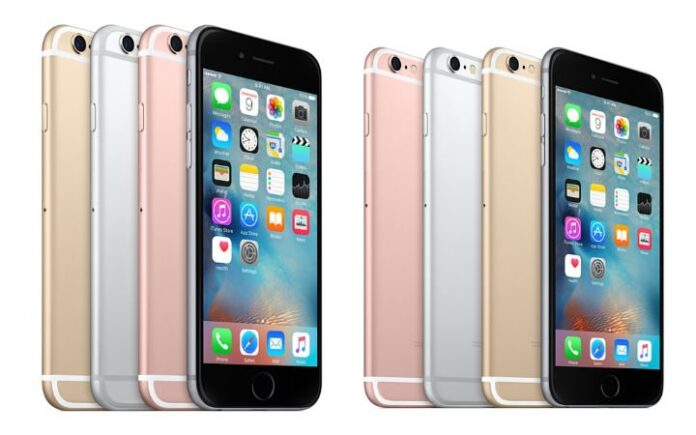The Wi-Fi calling feature comes on the heels of FCC waiver grant
On the heels of gaining a waiver from the Federal Communications Commission regarding teletypewriter functionality, AT&T Mobility announced the availability of Wi-Fi calling on select devices starting Oct. 8.
The Wi-Fi calling feature looks to initially only be available via Apple iPhone 6 and 6s devices, with the carrier stating the need to be running the device makers iOS 9 operating system. Customers will also need to be on a postpaid rate plan set up with HD Voice support and of course be on a Wi-Fi connection.
Customers will not be charged any additional fees for calls placed via Wi-Fi to or from the U.S., Puerto Rico and the U.S. Virgin Islands, with those calls also not counted against a customers allotted calling minutes. Customers will be charged standard international fees for calls placed to international locations.
The service can also take advantage of AT&T Mobility’s voice-over-LTE service and supporting HD Voice capabilities in that calls initiated via Wi-Fi can be seamlessly handed off to a VoLTE connection. However, if the customer moves from a Wi-Fi call to a non-Voice HD connection, the call will be dropped.
The FCC this week granted AT&T a waiver related to voice-over-Wi-Fi calling as it applies to people with hearing problems. The waiver, which is valid until the end of 2017, followed a complaint lodged last week by AT&T that its competitors, Sprint and T-Mobile US, were using Wi-Fi calling, which didn’t conform to accessibility rules for those hard of hearing, specifically TTY functionality that enables text-based communication over a telephone call.
The issue began in June when, rather than offering TTY with its Wi-Fi calling, AT&T developed a service for the hard of hearing called real time text. The company then filed the solution with the FCC to ask for a waiver. However, there was a six-week delay before the FCC issued its public notice that then initiated a 45-day comment period.
AT&T seemed prepared for the move as it immediately had a video explaining the service on its website.
Bored? Why not follow me on Twitter

